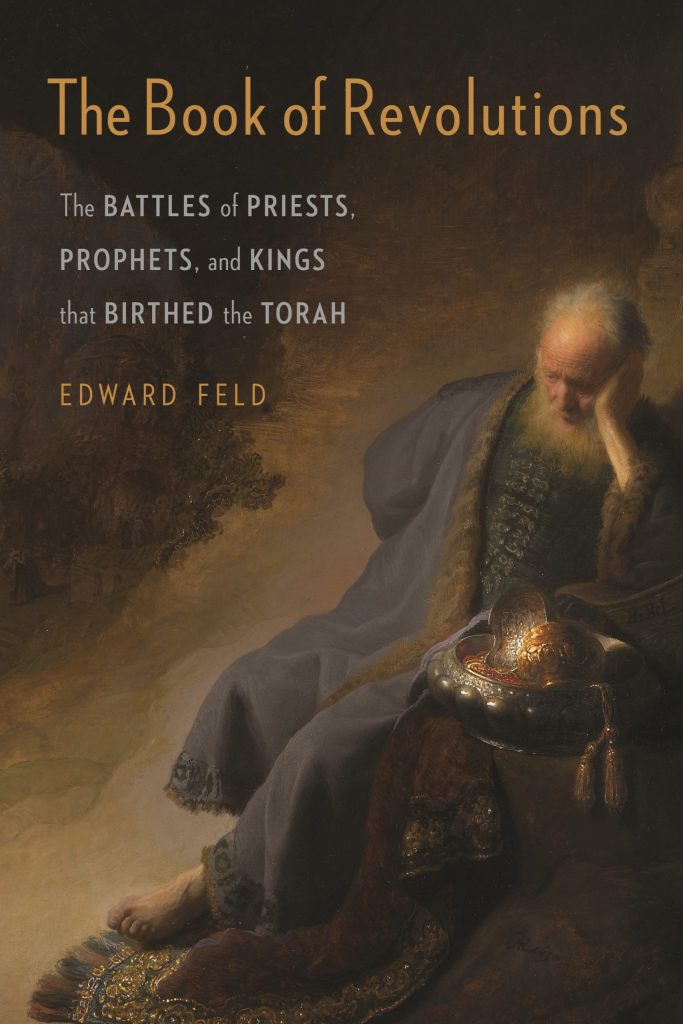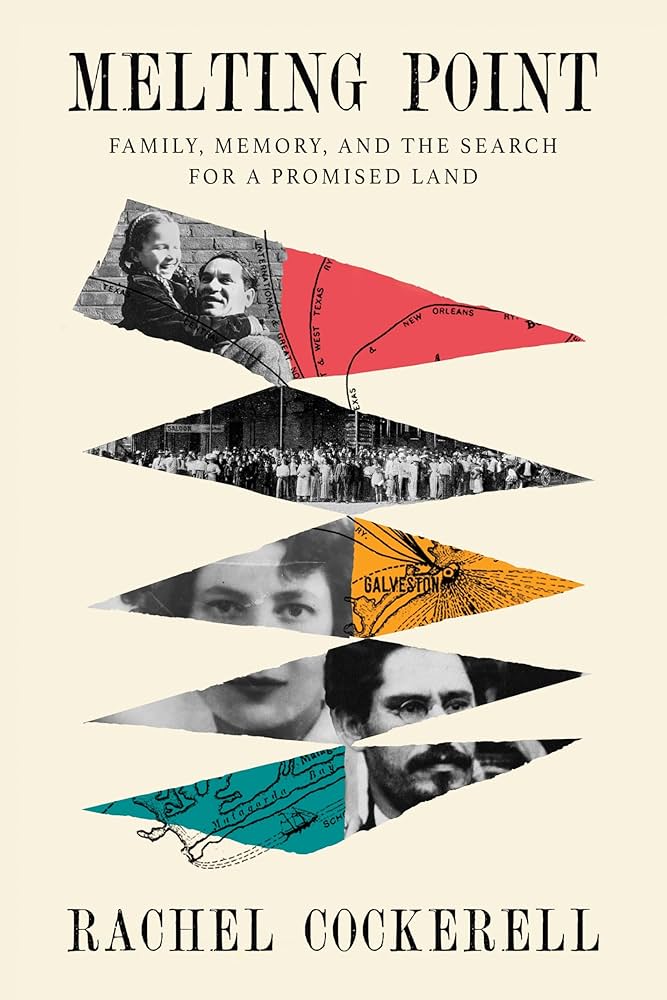February 9, 2026
The Book of Revolutions by Edward Feld *** (of 4)
Interesting for those curious about the interplay of the Hebrew Bible and historicity. Feld does not take a stance on which is more accurate, archaeology or biblical accounting, but instead discusses the interplay between the two. In essence, he suggests that different authors and editors, writing the words of Torah are responding to historical conditions, particularly the Babylonian exile of Jews from northern Israel. When Assyria conquered the Northern highlands, where 10 of the 12 tribes of Israel resided, they shipped off the leaders–priests, bureaucrats, businessmen–to Assyria.
Read More about The Book of Revolutions by Edward Feld *** (of 4)
Book Reviews
|
0 Comments









